What we experienced in school as students, a couple of decades ago, bears little resemblance to what lies in front of us today. It’s a technology-driven and creativity-led education and curriculum that calls for being unique and skilled.
Your education can’t be passed on to your child. Things have changed and you want to provide a top-notch education for your children. In India especially, there are different curriculum options:
- Indian
Central Board of Secondary Education (CBSE)
Council for the Indian School Certificate Examinations (CISCE)
- International
Cambridge Assessment International Education (CAIE)
International Baccalaureate® (IB)
Varied schools offer learning in the newest ways and millions of students try to make the best of it.
As a parent, you’re bound to wonder how you can offer the best for your child to make sure she has the golden ticket to her dreams! Quite often, parents consider school to be the first step in their child’s educational journey.
Myth busted! The first step is the curriculum. Although the two are interlinked, they are certainly not the same. To clarify, curriculum or board is the foundation that your child needs to build their dreams upon it.
|
More than 60% of Indian parents are not even aware of all the |
This is why YOU need to first choose the best curriculum to make sure your child’s future is secure, right from the first step. We’re here to guide you at every step.
In this detailed blog, we will discuss 7 major and proven judgement pillars that should be considered before you decide the board.
Curriculum: The Centrepoint of Your Child’s Future
Let’s first understand how curriculum influences your child’s future.
Whether it’s your child’s higher education, the career she chooses or even the kind of characteristics she develops, a large part of it is influenced by the board she studies.
Surprised? We understand because this is not often spoken about, as much as it needs to be. This is why we’re addressing this concern among parents – ‘how can a curriculum impact my child’s life?’
Let’s break it down for you! The goal of any form of education is to promote teaching and learning structure within a classroom and in the school environment. It is to make the most of a student’s learning and support them to achieve their full potential. Do you agree with this?
What is Curriculum?
Everything that the school offers and does is based on the curriculum they’re affiliated with. Thus, it defines what any institution or group of institutions offer including subjects, faculty, assessments, values and more.
The structure and development of a curriculum involve many features, including how it is organised, processes of teaching, learning and assessment, and finally how the curriculum will cater for the future of its students.
Before we discuss this in detail, first, here’s a set of internal factors and expectations that parents usually have from their children’s education. This helps them define what they need and choose a curriculum that aligns with these.
If you want to know more and analyse the above points, here’s a blog you must read.
Recommended Read: How to Choose the Right Curriculum for Your Child? [8 Factors to Consider]
Let’s dive deep into the external factors that differentiate each of the curriculum options. These factors will help you analyse and make the right decision.
The Ultimate Guide to Curriculum Selection
1. Pedagogy
To begin with, let’s first understand that children develop ideas and concepts at a very young age that help them make sense of their world. This is one of the main reasons why they need expert guidance during these initial stages of their lives.
Moreover, the right authority figure at school plays a significant role that’s often undermined by parents while choosing a curriculum.
Picture this:
Your child is in grade 4. She has an exciting public speaking competition coming up. But she is not ready to participate. She is great at communication and writing but stage fright is holding her back. Who do you think can help your child with encouragement and support?
In another instance, even issues like understanding their bodies or identifying their strengths and weaknesses need help. This is where the right guidance is important.
For a simpler understanding, pedagogy includes content taught, methodology and techniques for interaction – each one of these plays a key role.
The IB and Cambridge boards opt for a more interactive and two-way approach in their teaching methodology. In many instances, it also involves the active participation of the child’s parents to ensure everybody is on the same page.
CBSE and ICSE are also increasingly focusing on pedagogy, however, it’s not close to what the international curricula offer. The two national boards have taken moves to analyse the pedagogical plans of affiliated schools to understand their assessment plan and vision.
Read: CBSE redefines the role of school principals as ‘pedagogical leaders’
2. Teaching Quality
Having discussed pedagogy in detail, it’s important for you, as a parent, to give enough importance to the quality of faculty.
In today’s world, knowledge is available at the click of a mouse. However, learning to apply it requires a teacher who can instruct, facilitate, guide, and support at every step of your child’s life.
Let’s first understand that by learning, we don’t mean just the transfer of new information. We’re talking about the building of new understandings by the child on the foundation of existing understandings.
|
International evidence-based research has shown that what matters most is quality teachers and teaching, supported by strategic teacher professional development. Source: Researchgate |
The quality of teachers is assured by all the boards, as discussed earlier. The faculty of IB and Cambridge get international-level training to make sure they provide the right assistance to your child. In light of the increasing number of international board schools, CBSE and ICSE also offer strict guidelines and handbooks to measure and improve teaching quality.
Also Read: Your Guide To Cambridge Curriculum: Is It The Right Board For Your Child?
3. Skills vs Score
The third is one of the main concerns among parents – what’s more important skills or scores? This forms a significant judgement pillar.
We’ll tell you why! There are career opportunities and colleges that focus on academic grades, while a lot of universities are increasingly looking at skill-based profiles during the admission process.
Among the curriculum options in India, international boards like IB and Cambridge offer a more holistic approach with a focus on skills and overall development, while CBSE and ICSE are inclined towards providing high-quality education in a more score-driven format.
The question is what are you looking for? If you and your child are interested in skill-based learning, then your curriculum choice will be different from those that offer a score-based approach.
4. 21st-Century Skills
We’re at the start of a new decade, battling a pandemic. As a result, schools have adopted newer ways of teaching – online classes. The way forward is new and probably a little challenging if you’re not ready for it.
The need of the hour has become the 21st-century skills, which are being used in describing what needs to be taught to students: real-world readiness. For instance, collaboration, innovation, critical thinking, and communication are keywords that are becoming increasingly important. They’re practical skills that can be used in the world outside the confines of school.
It’s no more just about learning to code, but it is especially about how you use this skill to make a difference in the world.
Understanding the growing importance of 21st-century skills, CBSE launched ‘21st Century Skills: A Handbook’ consisting of learning skills, life skills and literacy skills in May this year. Similarly, IB and Cambridge too have been keen on inculcating 21st-century skills in their teaching mechanism with guidelines and handbooks for parents and teachers.
Also Read: Expert Guide to International Baccalaureate (IB) Curriculum [Everything You Need To Know]
5. Cost Factor
The fifth judgment pillar is of prime importance. ‘How much am I willing to spend on my child’s education?’ – that’s a question you need to ask yourself before you decide the curriculum.
Many parents think that schools charging high amounts of fees provide better education. However, that’s not necessarily true. For instance, government-run Kendriya Vidyalaya across the country charge much lower fees compared to private schools. But many students from these schools do notably well in terms of academics, sports and other activities as well.
Of course, there are additional facilities and amenities offered by international schools like an integrated computer classroom with virtual reality or better technology-driven teaching, which certainly add to the learning experience.
At the end of the day, what matters is how much you are willing to spend and what are the curriculum options and schools that fall into this category. Below, we have listed an approximate value of school fees across the four popular curriculum options in the country.
6. Student Success
Any curriculum gains organic popularity and acceptance among parents through the success of its students. Honestly, think about it! What’s a better way to judge any board than to understand what students passing out from the curriculum are doing professionally?
Oftentimes, we undermine the value of the alumni network. That’s a topic we have discussed before. But here, we’re specifically talking about the success of every student that creates a huge impact on your decision.
You can surely decide if a board is right for your child by understanding what it offers to students through the alumni’s success.
Here’s an example of Diva S from the CBSE curriculum:
|
A passionate techie and public speaker, Diva was raised in India’s capital city and studied at GD Goenka Public School, Vasant Kunj. Her ambition took her all the way to Stanford University, where she’s pursuing a degree in Computer Science with a Minor in Economics. Apart from her academic excellence, she also got a seat in the prestigious Stanford University. |
Similarly, here’s another instance of student success from the IB board:
|
Nisarg J Shah, an IB Diploma Programme graduate from the Dhirubhai Ambani International School, is pursuing his doctoral studies in chemical engineering at the Massachusetts Institute of Technology. “In school, the flexibility of the IB programme really allowed me to sample a wide variety of topics … and allowed me to make an informed choice for my major. The IB programme allowed me to anticipate what university would be like—and I was looking forward to the experience,” says Nisarg. |
Each curriculum has a large network of alumni settled in different parts of the country and the world.
Many students suggest that CBSE is a great option for kids interested in Science or top engineering colleges like IIT and VIT. On the other hand, they suggest that the international curriculum is more suitable for students aiming to study abroad. Comparatively, the ICSE board is said to provide a strong foundation for Arts and Humanities.
Similarly, it’s said that students from international curricula are more willing to study abroad. Here’s a look at data from Univariety’s network of 80,000+ students:
On the other hand, let’s have a look at students from different boards who opted to study in India.
7. School Selection
Lastly, the final judgment pillar we recommend is School Selection. Many times, parents focus on schools alone and miss out on doing enough analysis on the curriculum. These days, a huge number of schools in cities offer more than just one board.
Hence, to pick the best, proximity, fee structure, discipline and teacher-to-student ratio are some of the parameters that need to be analysed while choosing a school. Apart from a visit, additionally, a thorough background check about the school and its alumni will help you get a better understanding.
How to Choose the Right Curriculum for Your Child?
Life may throw some surprises. But if you’re well-planned, you can manage their effects. Although your child may change some of her plans, your preparedness will help cope up with the changes. The learning style and its influence will continue to remain the same for a few years to come.
While not stated upfront, most curriculum options have a preferred teaching style, syllabus and value system. Therefore, parents should be aware of how each board fits in with their child’s strengths, weaknesses and dreams to make sure they have the best!
Just knowing the factors is not enough. The curriculum choosing process consists of steps such as analysing, understanding and then, deciding.
Wondering if you should talk to friends and relatives? We suggest you skip that approach and instead make a decision by yourself through a scientific process.
Developed by Univariety with inputs from top CBSE educators, International Baccalaureate Organisation, Cambridge International as well as University Faculty, Curriculum Selector is the world’s first curriculum evaluation program for parents that offers a scientifically researched roadmap to choosing the right curriculum for your child.
You will go through the following key steps that will help you make the big decision:
- Deep Fitment Analysis
First, a questionnaire designed around scenarios based on different factors will help you collect your thoughts and reconsider decisions. Coupled with this, you will receive a Deep Fitment Analysis at the end. - Expert Modules
These informative modules will give you insights into the difference between each curriculum and to critical skills that your child needs for the future. For instance, here’s a sample video for you:
- Best-Fit Curriculum Recommendations & Detailed Report
The Recommendations are based on highly reliable research data. Additionally, they are scientifically designed by integrating qualitative inputs with analytical methods.
- Personalised Counselling Session
A one-on-one review of your expectations as well as the report with a counsellor will help you get an interpretation of your analysis from a guidance expert.
Summing It Up
To summarise, your child’s education and career are highly dependent on the curriculum she is a part of today.
Understanding the 7 judgment pillars particularly plays a big role in determining the right curriculum. From cost factors to school selection and 21st-century skills – we’ve listed a range of important factors that you must consider while choosing a curriculum.
To emphasise, remember, it is what you and your child are keen on picking. With this in mind, sit down with your child, prioritise the 7 factors, take the Curriculum Selector test and analyse your results with experts. Don’t depend on suggestions from friends and family because their dreams and wants are different.
Have more questions? Ask us in the comments below!
When Harini Prasad is not busy researching about top trends in education and learning techniques for students, you will find her writing about all things fashion, travel, cinema, and music. A millennial poster-child, Harini is a former lifestyle journalist with specialisation in child rights, gender, and new media journalism. Currently, she is busy exploring the world of marketing and content creation.



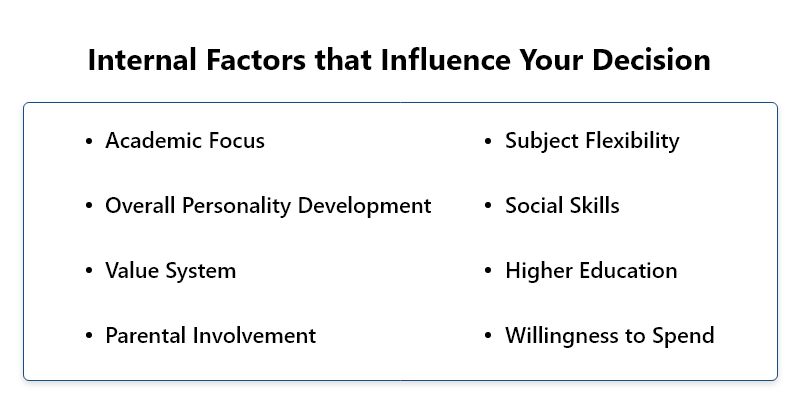
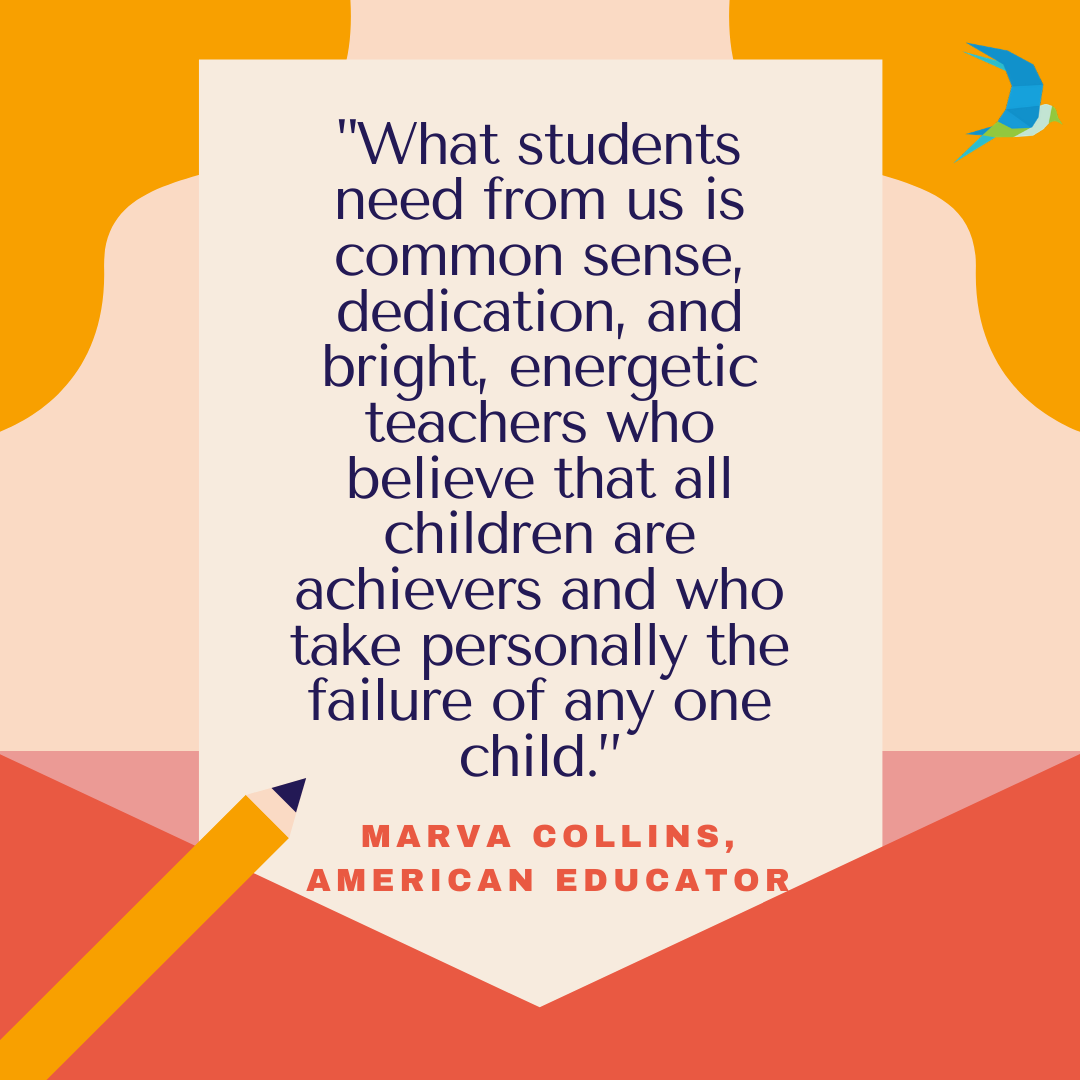
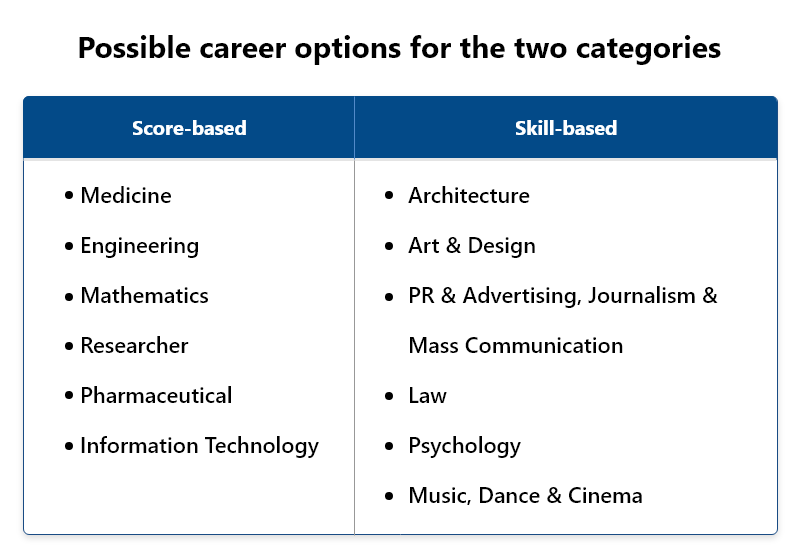
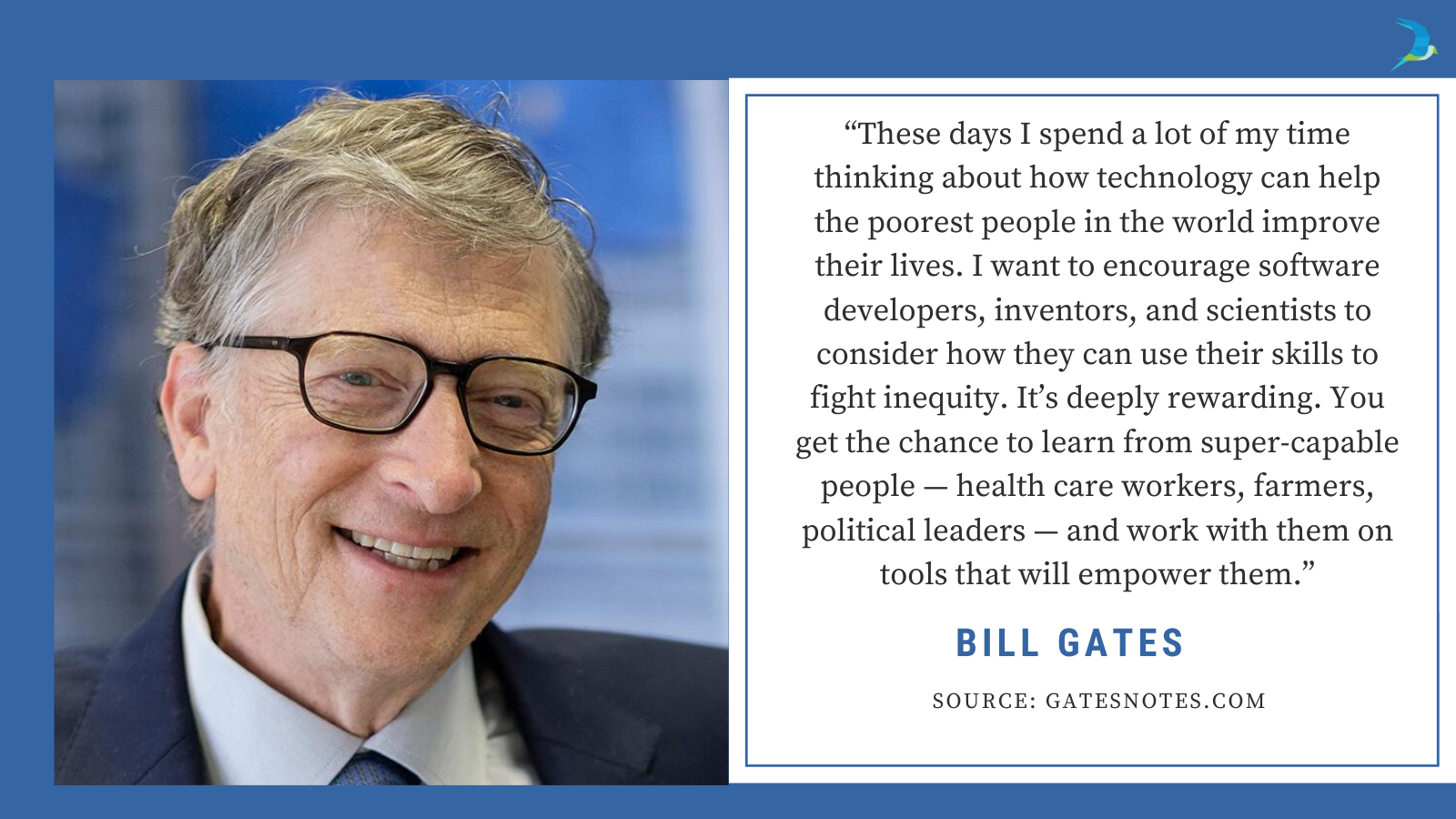
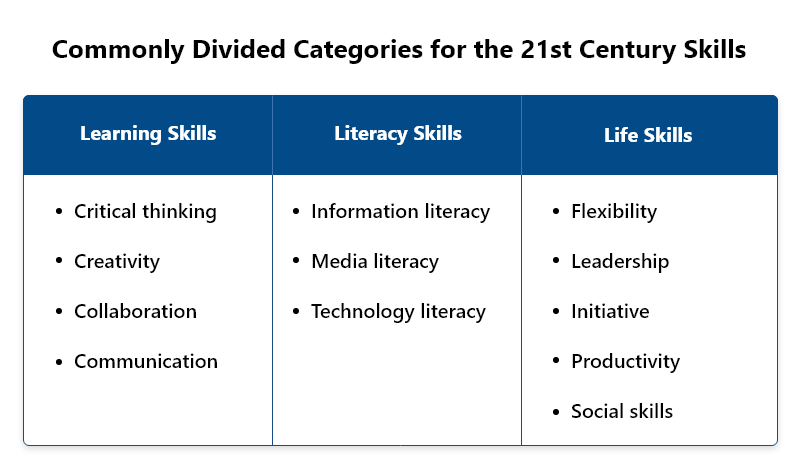
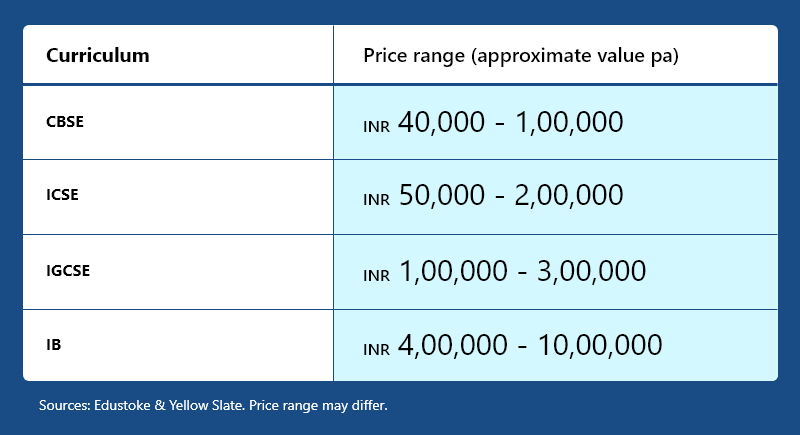
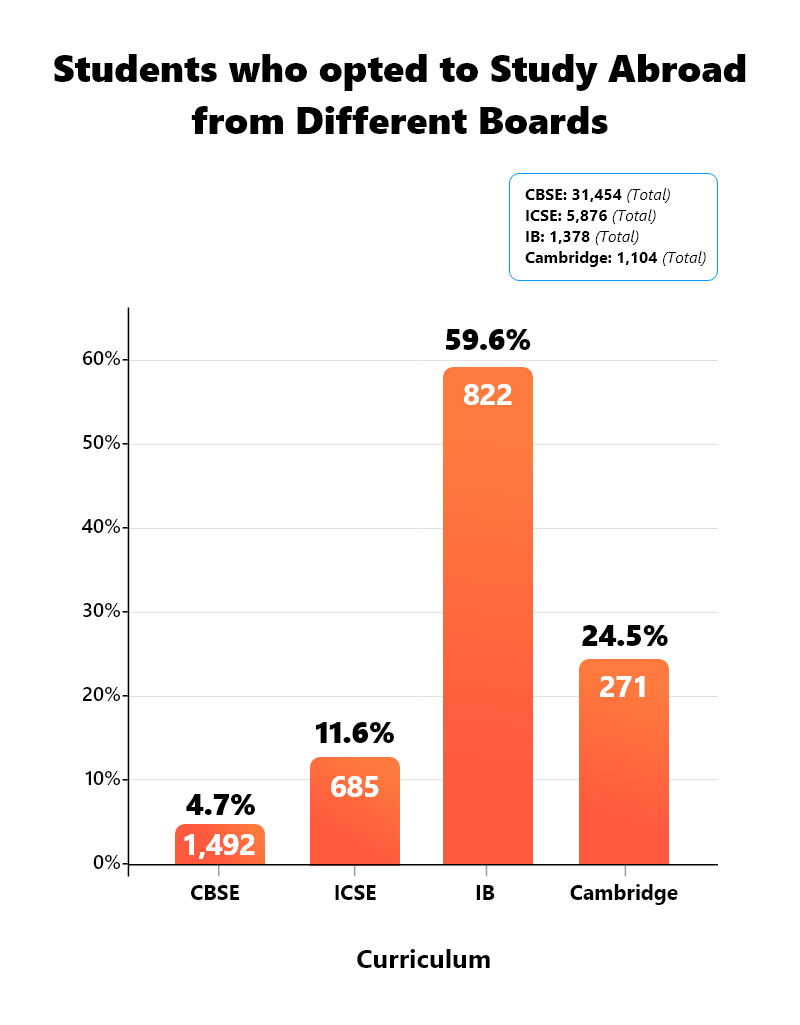
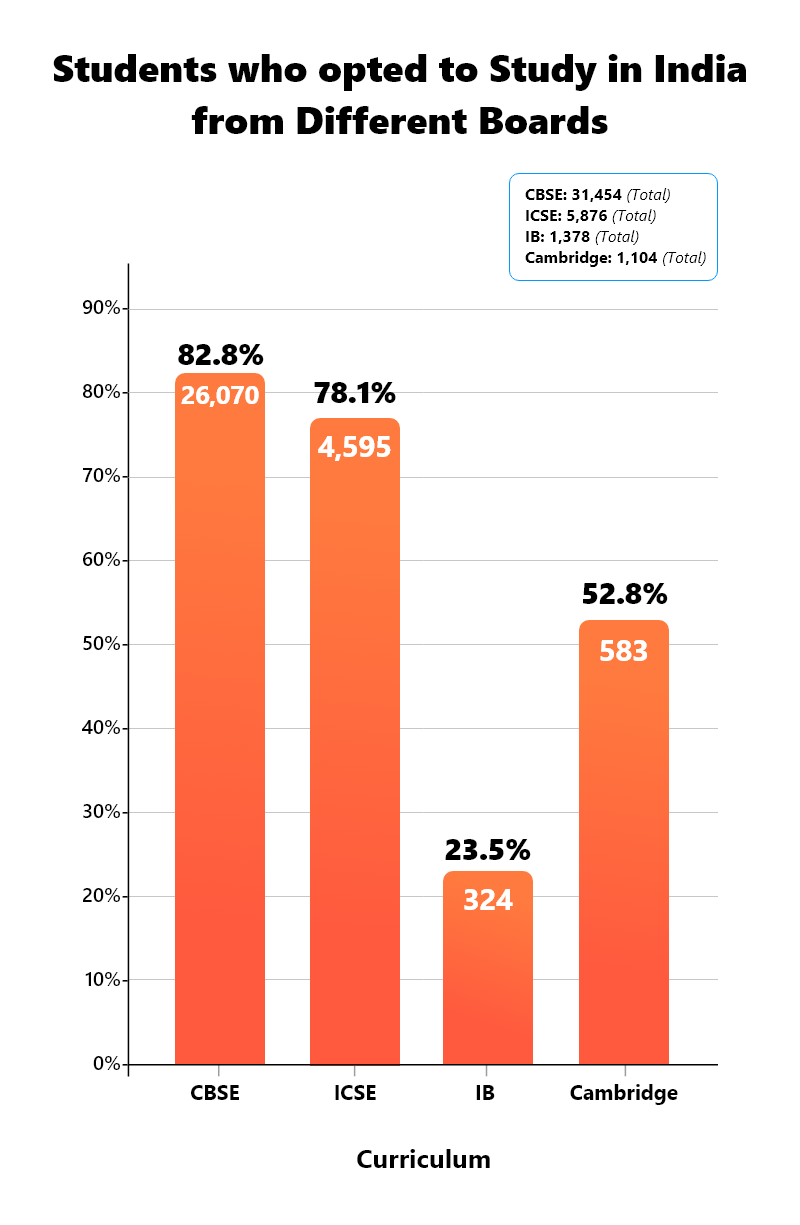
1 Comment
Excellent analysis ? carried out by Harini on the subject.